Through family archives, drawings, animations and performances that draw on her long experience with illness, Brigitte Lacasse takes an incisive, critical look at the Quebec health care system.
Related Movies

No Address (1988)
This feature-length documentary by Alanis Obomsawin examines the plight of Native people who come to Montreal searching for jobs and a better life. Often arriving without money, friends or jobs, a number of them quickly become part of the homeless population. Both dislocated from their traditional values and alienated from the rest of the population, they are torn between staying and returning home.
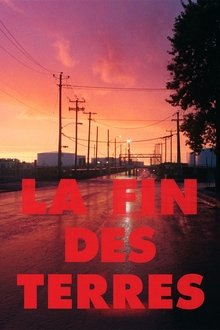
Where the Land Ends (2019)
A documentary that explores what it means to be a young person in Quebec after the dissolution of the Quebec sovereignty movement.

Cop Class (2015)
First look inside the walls of Quebec police’s training grounds and the realities of our next generation of police officers.

Malartic (2024)
Ten years after an enormous open-pit gold mine began operations in Malartic, the hoped-for economic miracle is nothing more than a mirage. Filmmaker Nicolas Paquet explores the glaring contrast between the town’s decline and the wealth of the mining company, along with the mechanisms of an opaque decision-making system in which ordinary people have little say. Part anthropological study, part investigation into the corridors of power, Malartic addresses the fundamental issue of sustainable and fair land management.
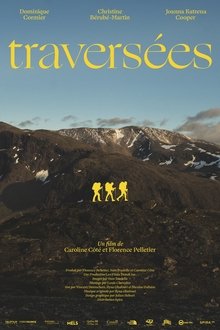
Passages (2020)
Five women from the North to the South of Quebec embark on a multisport expedition following the Koroc river in Nunavik. Travelling together against adversity, this journey soon becomes one of self-discovery for each participant.

Nanook of the North (1922)
This pioneering documentary film depicts the lives of the indigenous Inuit people of Canada's northern Quebec region. Although the production contains some fictional elements, it vividly shows how its resourceful subjects survive in such a harsh climate, revealing how they construct their igloo homes and find food by hunting and fishing. The film also captures the beautiful, if unforgiving, frozen landscape of the Great White North, far removed from conventional civilization.
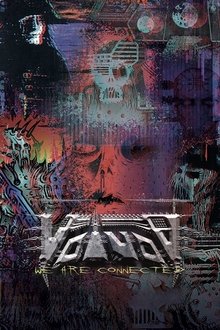
VOÏVOD: We Are Connected (2024)
From unlikely origins in northern Québec at the height of the Cold War, Voïvod’s post-apocalyptic sci-fi aesthetic, fuelled by a youthful obsession with their instruments, took them from underground success to sharing dates and tours with Iron Maiden, Rush, and Metallica. Despite adversity, and perhaps by cosmic intervention or just serendipity, Voïvod found guitarist Daniel “Chewy” Mongrain; subsequently, the band re-ignited their engines and laid a course back to Morgöth via numerous live shows around the world, a comeback album in Target Earth, singles, EPs, and finally, the late-career triumph, The Wake. In 2019, Voïvod were recognized by the Canadian Academy of Recording Arts and Sciences with a Juno Award for best hard rock/metal album of the year for The Wake.
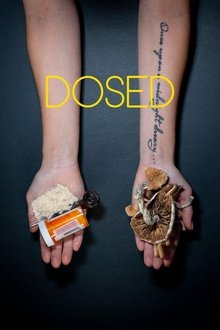
Dosed (2019)
The documentary follows one woman's quest to overcome anxiety, depression, and opioid addiction through the use of psychedelic medicines.

The Blueberry Blues (NaN)
Summer unveils a new blueberry season in northern Canada. The fields are covered in blue and workers from all over scramble before the frost puts an end to the harvest. And yet this time of year is much more than just picking: it's a time of music and connection.

The Beginning of Life 2: Outside (2020)
Genuine connections between children and nature can revolutionize our future. But is this discovery still possible in the world's major urban centers? The new chapter of "The Beginning of Life" reveals the transformative power of this concept.

Two Episodes from the Life of Hubert Aquin (1979)
Documentary on the life of Hubert Aquin. Alive, he was a dazzling and extraordinary character. Dead, he is already legendary. From his legend, everything is both true and false. Neither biography nor critical work, this film is an evocation of his universe.
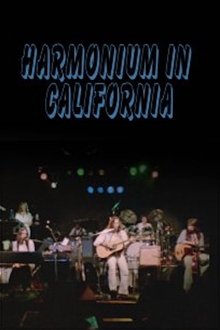
Harmonium in California (1980)
Through concerts and interviews, folk-progressive group Harmonium takes Quebec culture to California. This documentary full of colour and sound, filmed in California in 1978, recounts the ups and downs of the journey of the Quebec musical group Harmonium, who came to feel the pulse of Americans and see if culture, their culture, can succeed in crossing borders.
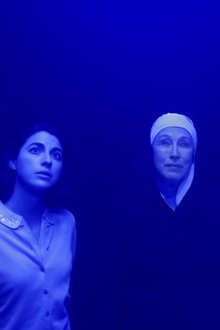
Lorraine Pintal - So The Light Never Dies (2019)
Directed by Ariane Louis-Seize, this tribute film was created as a gift for Lorraine Pintal, director of Montreal’s Théâtre du Nouveau Monde. Featuring some of the most memorable characters and performers of Pintal’s career, the film’s succession of surreal scenes from different dramatic worlds introduces viewers to the exceptional woman of theatre, stage director, and friend whom they consider to be the “ghost light” of Quebec theatre.
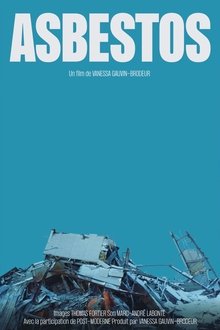
Asbestos (2024)
A cinematic and introspective look at the residents of a Quebec town—once the site of the world's largest asbestos mine—as they grapple with their community's industrial past. Striving to honour their heritage while reconciling with their history and forging a new path forward, the miners delve into the intricacies of progress and healing.
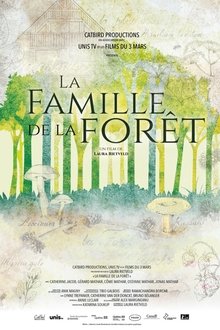
The Family of the Forest (NaN)
In the heart of the Boreal forest lives a family renowned as much for their gourmet forest pickings as for their life of self-sufficiency.
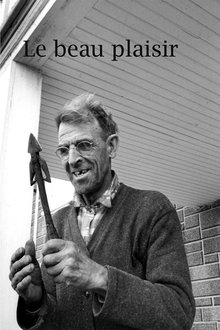
Beluga Days (1968)
From the lower St. Lawrence, a picture of whale hunting that looks more like a round-up, with a corral, whale-boys and all. In 1534, when he stopped at the island he named l'Île-aux-Coudres, Jacques Cartier saw how the Indians captured the little white beluga whales by setting a fence of saplings into off-shore mud. In the film, the islanders show that the old method still works, thanks to the trusting 'sea-pigs,' the same old tide, and a little magic.


